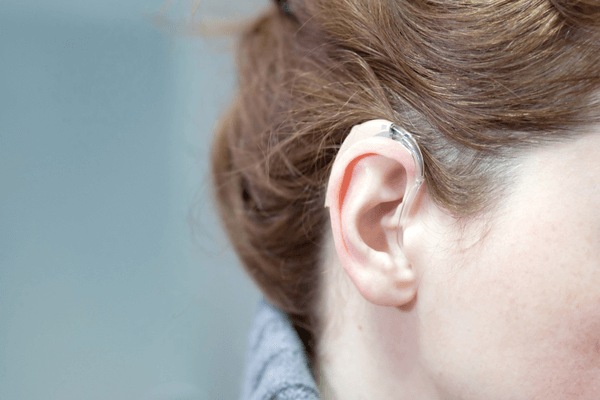Medicare and other health services may seem complicated and difficult to understand, but with a bit of research, you can find the right programs for you. This week in Audicus blogs, find out more about Medicare and how to sign up!
Medicare and Hearing Implants
Medicare can cover a broad variety of health needs. In the case that it doesn’t cover certain health costs (which is less likely to happen if you have a Medicare Advantage health plan), then you can either pay out-of-pocket or use an alternate insurance program. Medicare does not cover the following:- Alternative medicine such as chiropractic treatment or acupuncture. Exceptions to this include chiropractic services to fix spine subluxations
- Cosmetic surgery, except for surgeries like breast prostheses that may fix malformations
- Long-term care like nursing home care, adult day care and debts accrued from assisted living facilities. Medicare pays for up to 100 days of rehabilitation or nursing following a three-day inpatient hospital session
- Hearing Aids: Medicare is not responsible for hearing aids and hearing exams. In some cases, hearing implants required following severe hearing loss will be covered.
Medicare Part A, Medicare Part B, and Hearing Aids
You qualify for Medicare Part A (Hospital Insurance) and Medicare Part B (Medical Insurance) if any of these conditions apply to you:- You are under 65 and have a disability
- You’re already getting benefits from Social Security or the Railroad Retirement Board (RRB).
- You have Lou Gehrig’s disease (Also known as Amyotrophic Lateral Sclerosis (ALS))
- If you live in Puerto Rico and get benefits from Social Security or the RRB




